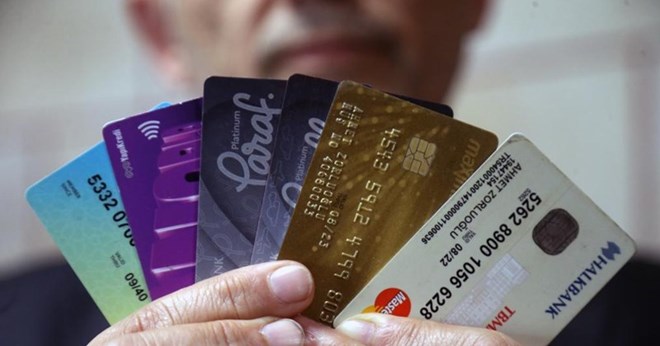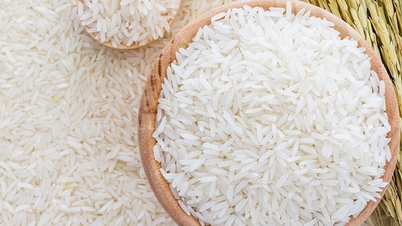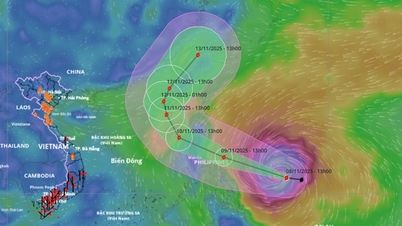
What is a credit card limit?
Based on the applicant's profile and reputation (CIC information), the bank will issue a card with a credit limit. This is the maximum amount that can be used on the credit card. If the amount is used beyond this amount, the user will be charged a penalty fee.
What is a credit card statement?
A credit card statement is a bill that the bank sends you at the end of each billing cycle. It lists all the transactions that have occurred on the card and the outstanding credit card balance. In addition, the statement also shows the payment due date and the minimum payment amount. The bank will send you the statement every month at least 15 days before the payment due date.
What is the minimum payment?
This is the minimum amount you need to pay the Bank to avoid late payment fees or being listed as a bad debt. The minimum payment that banks usually apply is 5% of the total outstanding balance for the period. However, the calculation of the minimum amount will be different depending on each bank.
Alternatively, the cardholder can choose to pay a portion of the balance, but must ensure that it is at least the minimum amount required by the bank, or pay the entire balance. The wise choice is to pay the entire balance or pay as much as possible. Otherwise, you will have to pay an additional amount of interest. It is important to remember that the longer the balance is paid, the greater the interest will be.
Credit card interest rates
Credit card interest is the amount of money the cardholder must pay when opening a card because the nature of a credit card is a loan. There are some common types as follows: late payment interest, cash withdrawal interest, foreign currency conversion interest.
In fact, when you first use a credit card, there will be a number of credit cards that apply a 0% interest rate for a certain period of time (interest free period). When this preferential period ends, if you do not pay off your entire monthly balance, you will start to incur interest.
Cases where you should not use credit cards
Cash withdrawal
Although credit cards have the function of withdrawing cash at ATMs. However, withdrawing money from credit cards is not recommended because at the time of withdrawal, you will be charged interest, and this interest rate is often very high.
Pay for large transactions
For large transactions such as buying a car, buying a house or starting a business, you should consider a bank loan instead of using a credit card. Because of such large amounts, if you do not pay off the balance within the interest-free period, you will have to pay credit card interest rates that can be considered relatively high, in addition to a late payment fee.
Not managing personal finances well
When opening a credit card, you may face the “temptation” of spending more than you actually have. Therefore, before opening a card, make sure you have good personal financial management skills to overcome the temptation of spending. Otherwise, it will easily lead to credit debt.
Source






















![[Infographic] Vietnam's stock market exceeds 11 million trading accounts](https://vphoto.vietnam.vn/thumb/402x226/vietnam/resource/IMAGE/2025/11/09/1762677474332_chungkhoanhomnay0-17599399693831269195438.jpeg)















































































![Dong Nai OCOP transition: [Part 2] Opening new distribution channel](https://vphoto.vietnam.vn/thumb/402x226/vietnam/resource/IMAGE/2025/11/09/1762655780766_4613-anh-1_20240803100041-nongnghiep-154608.jpeg)













Comment (0)